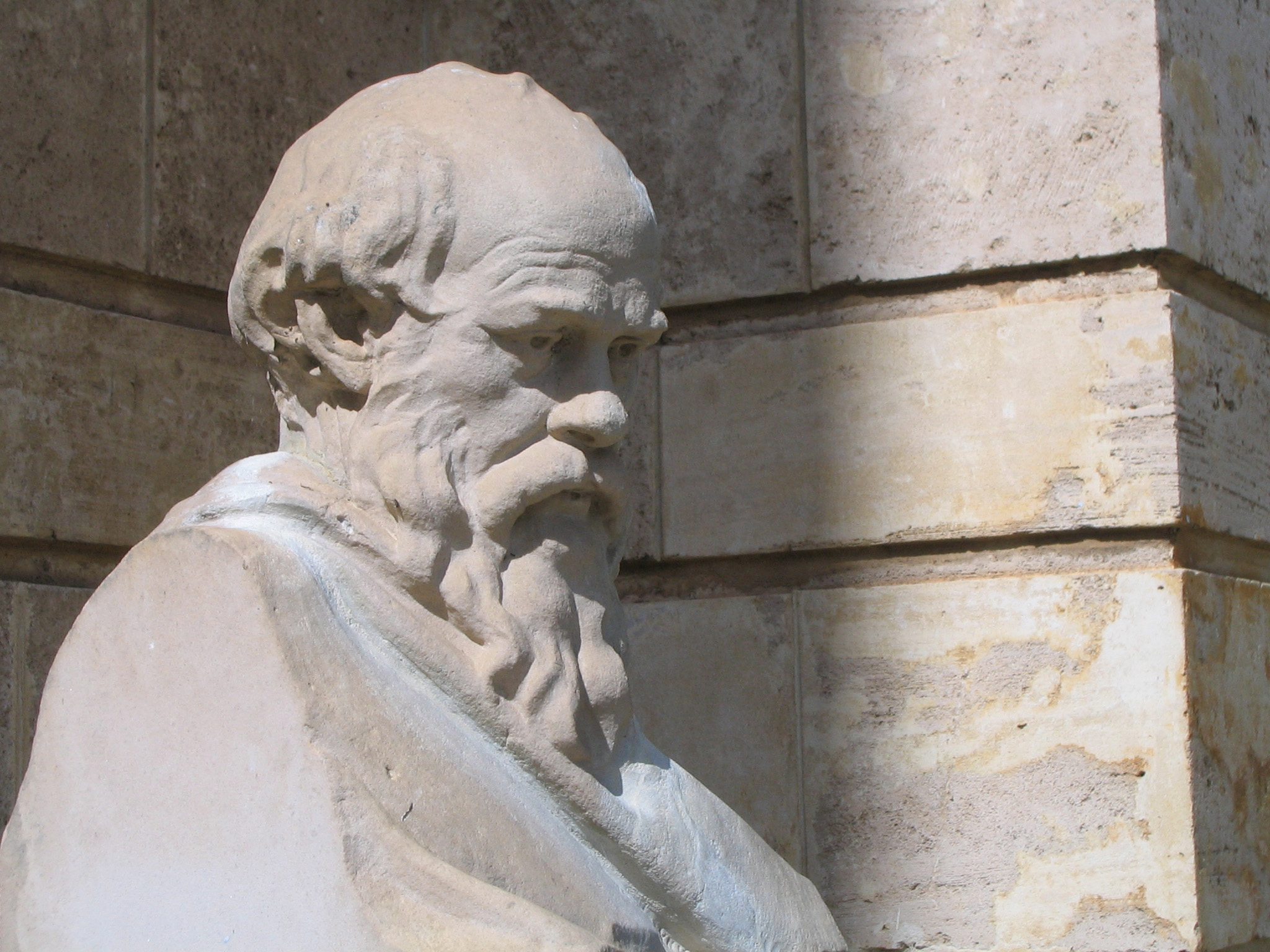Demodocus (dialogue) on:
[Wikipedia]
[Google]
[Amazon]
 ''Demodocus'' (; ) is purported to be one of the Dialogues of Plato. The dialogue is extant and was included in the Stephanus edition published in Geneva in 1578. It is now generally acknowledged to be a fabrication by a late
''Demodocus'' (; ) is purported to be one of the Dialogues of Plato. The dialogue is extant and was included in the Stephanus edition published in Geneva in 1578. It is now generally acknowledged to be a fabrication by a late
''Demodocus''
translated by George Burges
Free public domain audiobook version of ''Demodocus
translated by George Burges * . Collection includes Demodocus. George Burges, translator (1855). Dialogues of Plato Appendix Platonica {{philo-book-stub
 ''Demodocus'' (; ) is purported to be one of the Dialogues of Plato. The dialogue is extant and was included in the Stephanus edition published in Geneva in 1578. It is now generally acknowledged to be a fabrication by a late
''Demodocus'' (; ) is purported to be one of the Dialogues of Plato. The dialogue is extant and was included in the Stephanus edition published in Geneva in 1578. It is now generally acknowledged to be a fabrication by a late sophist
A sophist () was a teacher in ancient Greece in the fifth and fourth centuries BCE. Sophists specialized in one or more subject areas, such as philosophy, rhetoric, music, athletics and mathematics. They taught ''arete'', "virtue" or "excellen ...
or rhetorician, probably later than mid-fourth century BC.John Madison Cooper, D. S. Hutchinson, (1997), ''Plato, Complete works'', page 1699. Hackett Publishing.
It appears to be a combination of two separate works. The first part is a monologue (addressed to Demodocus), which argues against collective decision-making. There then follows a trilogy of dialogue
Dialogue (sometimes spelled dialog in American and British English spelling differences, American English) is a written or spoken conversational exchange between two or more people, and a literature, literary and theatrical form that depicts suc ...
s (with anonymous participants) which raise three elements of doubt against common sense.
References
External links
''Demodocus''
translated by George Burges
Free public domain audiobook version of ''Demodocus
translated by George Burges * . Collection includes Demodocus. George Burges, translator (1855). Dialogues of Plato Appendix Platonica {{philo-book-stub